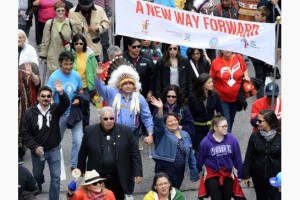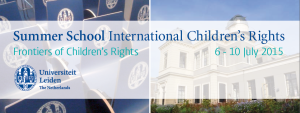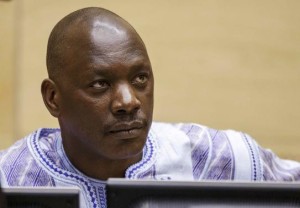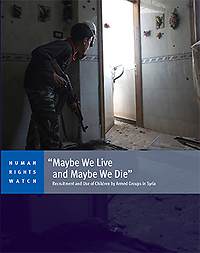Canadian governments and churches pursued a policy of “cultural genocide” against the country’s aboriginal people throughout the 20th century, according to an investigation by the country’s Truth and Reconciliation Commission into a long-suppressed history that saw 150,000 Native, or First Nations, children forcibly removed from their families and incarcerated in residential schools rife with abuse.
From the 19th century until the 1970s, more than 150,000 aboriginal children were forced to attend Christian schools to rid them of their native cultures and integrate them into Canadian society.
Children inducted into residential schools were forbidden from speaking their native languages, subjected to routine physical abuse, inadequate nutrition and neglect. Sexual abuse was common, according to the survivors who testified at commission hearings throughout the country.
More than 3,000 children died and were often buried in unmarked graves without any identification or notice to their parents. Continue reading




